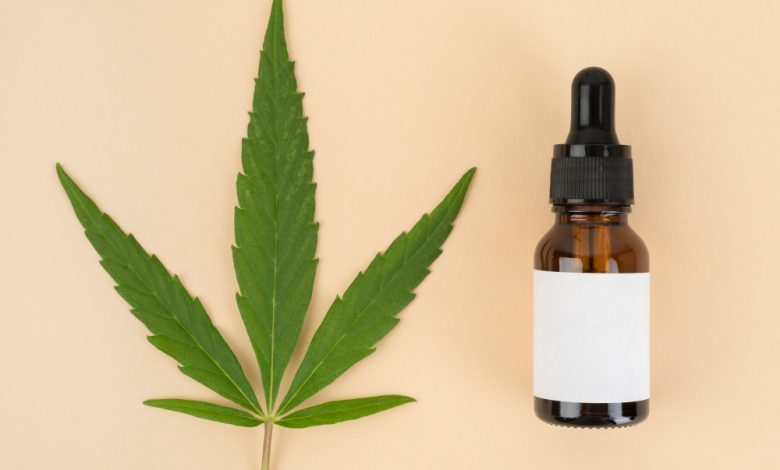
Starting a white label CBD business can be an exciting venture, offering the opportunity to capitalize on the booming cannabidiol market. However, navigating the legal landscape surrounding CBD products requires careful consideration and compliance with various regulations. In this article, we'll explore the key legal considerations that white label CBD businesses must keep in mind to operate successfully and avoid potential legal pitfalls.
Table of Contents
Understanding CBD Legalization
Before delving into the legal considerations specific to white label CBD businesses, it's essential to understand the current legal status of CBD products. In the United States, the 2018 Farm Bill legalized the cultivation and sale of hemp-derived CBD products containing less than 0.3% THC (tetrahydrocannabinol), the psychoactive compound found in cannabis. However, the legality of CBD varies by state and country, with some jurisdictions imposing stricter regulations or outright bans on CBD products.
Product Labeling and Marketing Compliance
One of the most critical legal considerations for white label CBD businesses is ensuring compliance with labeling and marketing regulations. CBD products must accurately label the CBD content, THC content (if any), and other ingredients. Additionally, businesses must refrain from making unsubstantiated health claims about their products' efficacy in treating specific medical conditions to avoid running afoul of regulations set forth by agencies such as the Food and Drug Administration (FDA).
Quality Control and Testing Requirements
To ensure product safety and compliance, white label CBD businesses must implement robust quality control measures and conduct regular testing of their products. This includes testing for potency (CBD and THC levels), purity (absence of contaminants such as pesticides and heavy metals), and consistency (uniformity of dosage). Adhering to Good Manufacturing Practices (GMP) and obtaining third-party lab certifications can help demonstrate compliance with quality standards.
Hemp Sourcing and Farm Bill Compliance
White label CBD businesses must source their hemp-derived CBD from reputable suppliers who adhere to the regulations outlined in the 2018 Farm Bill. This includes ensuring that the hemp is grown by licensed cultivators in compliance with state and federal regulations, with proper documentation and testing procedures in place to verify the legality and quality of the hemp extract.
International Considerations
For white label CBD businesses looking to expand internationally, it's crucial to research and comply with the regulations governing CBD products in each target market. Laws and regulations surrounding CBD can vary significantly from one country to another, with some countries imposing strict restrictions or outright bans on CBD products. Conducting thorough due diligence and seeking legal counsel familiar with international CBD regulations can help mitigate potential risks and ensure compliance.
Conclusion
White label CBD businesses have the potential for significant growth and success in the burgeoning CBD market. However, navigating the legal landscape surrounding CBD products requires careful attention to detail and compliance with various regulations. By understanding and adhering to product labeling and marketing requirements, implementing robust quality control measures, sourcing hemp from reputable suppliers, and staying informed about international regulations, white label CBD businesses can operate legally and responsibly while capitalizing on the growing demand for CBD products. As always, consulting with legal experts familiar with CBD regulations can provide valuable guidance and ensure compliance with applicable laws.




